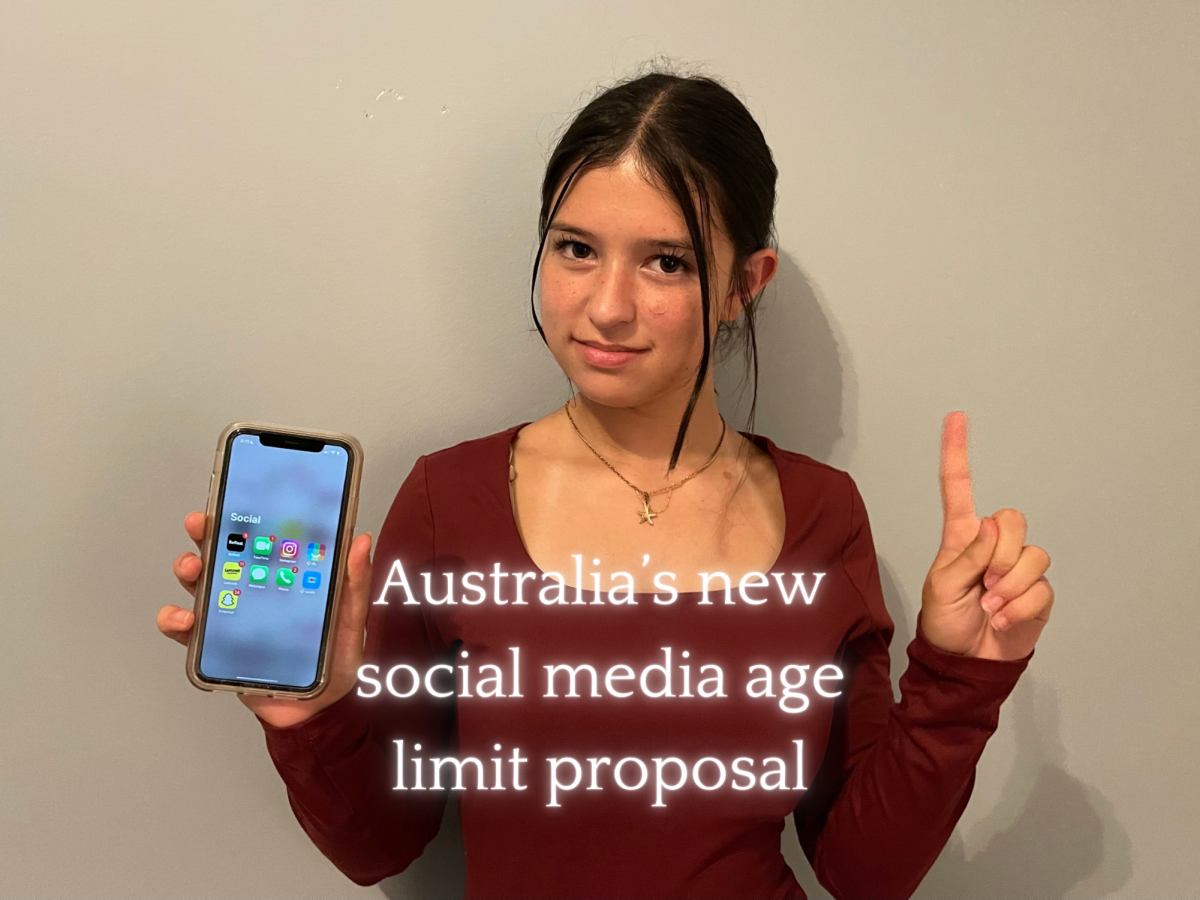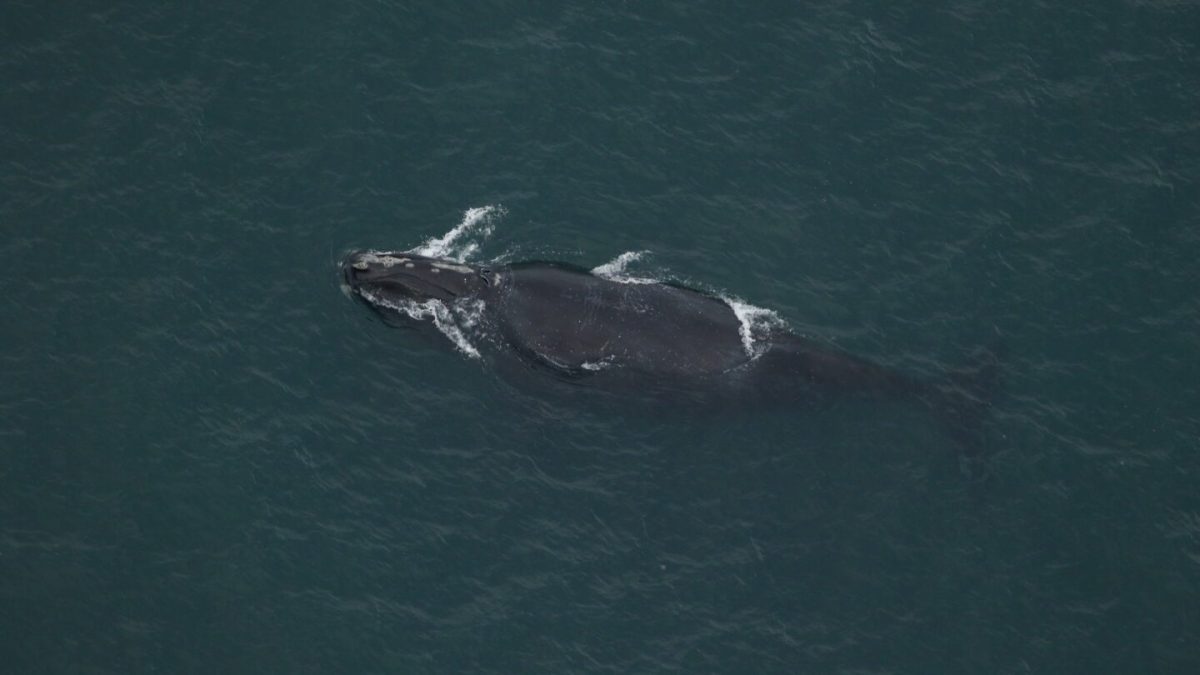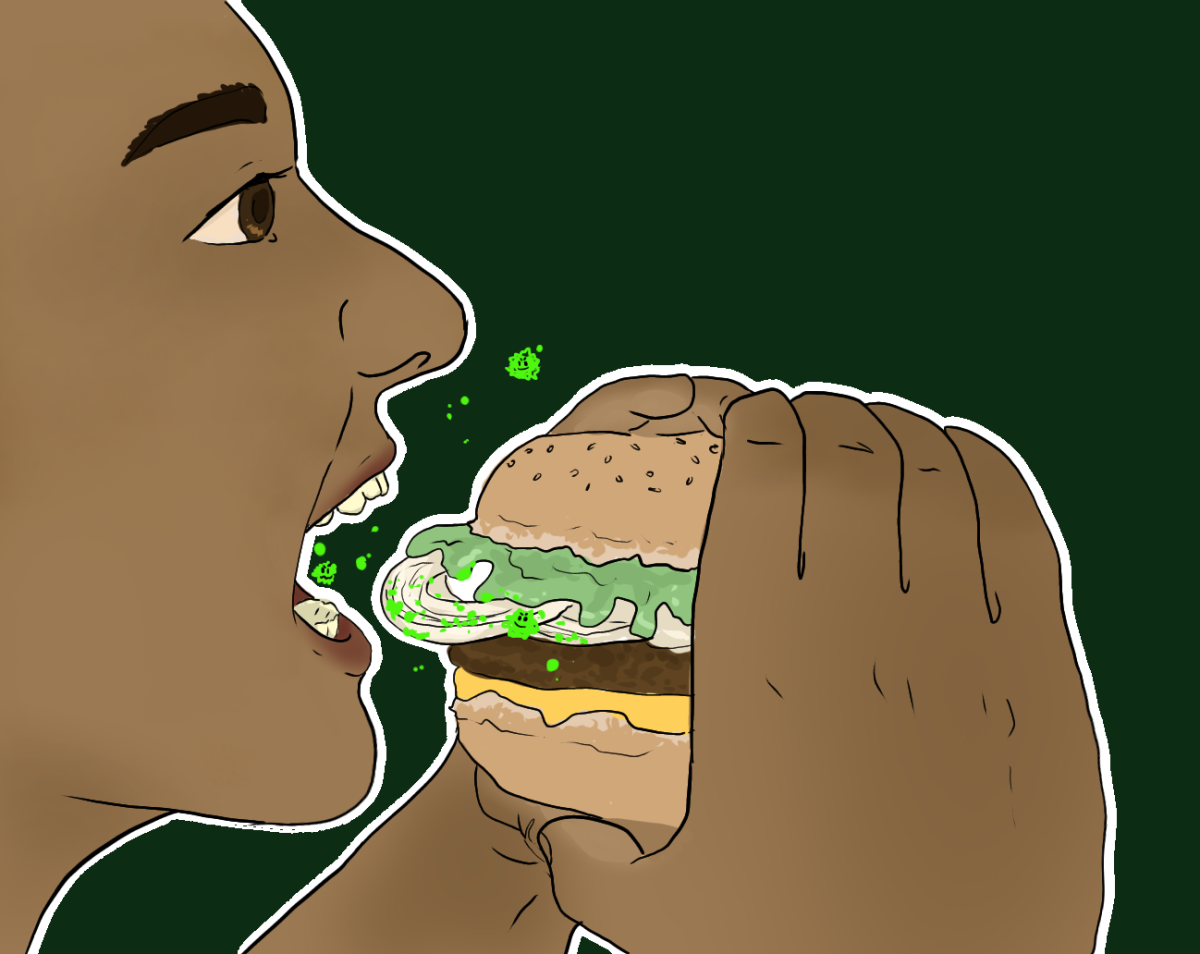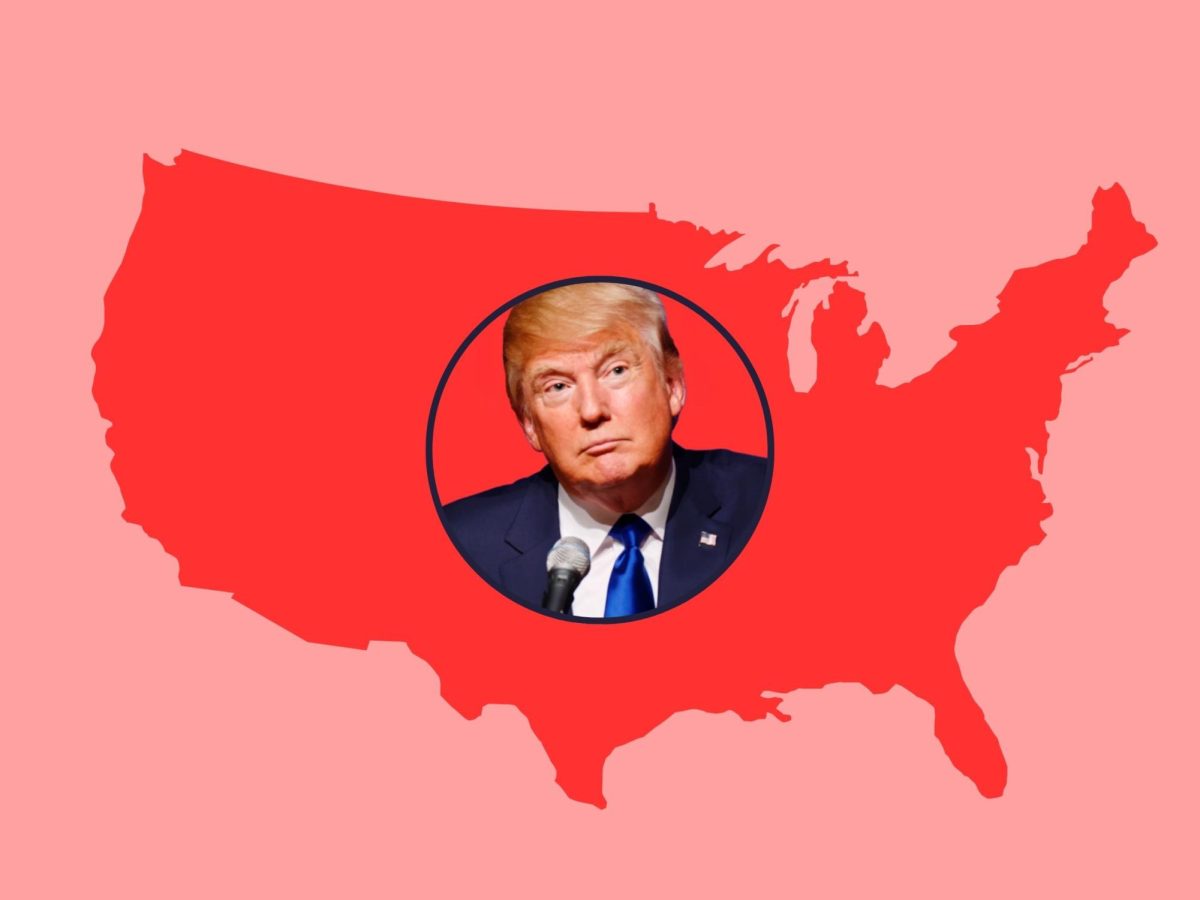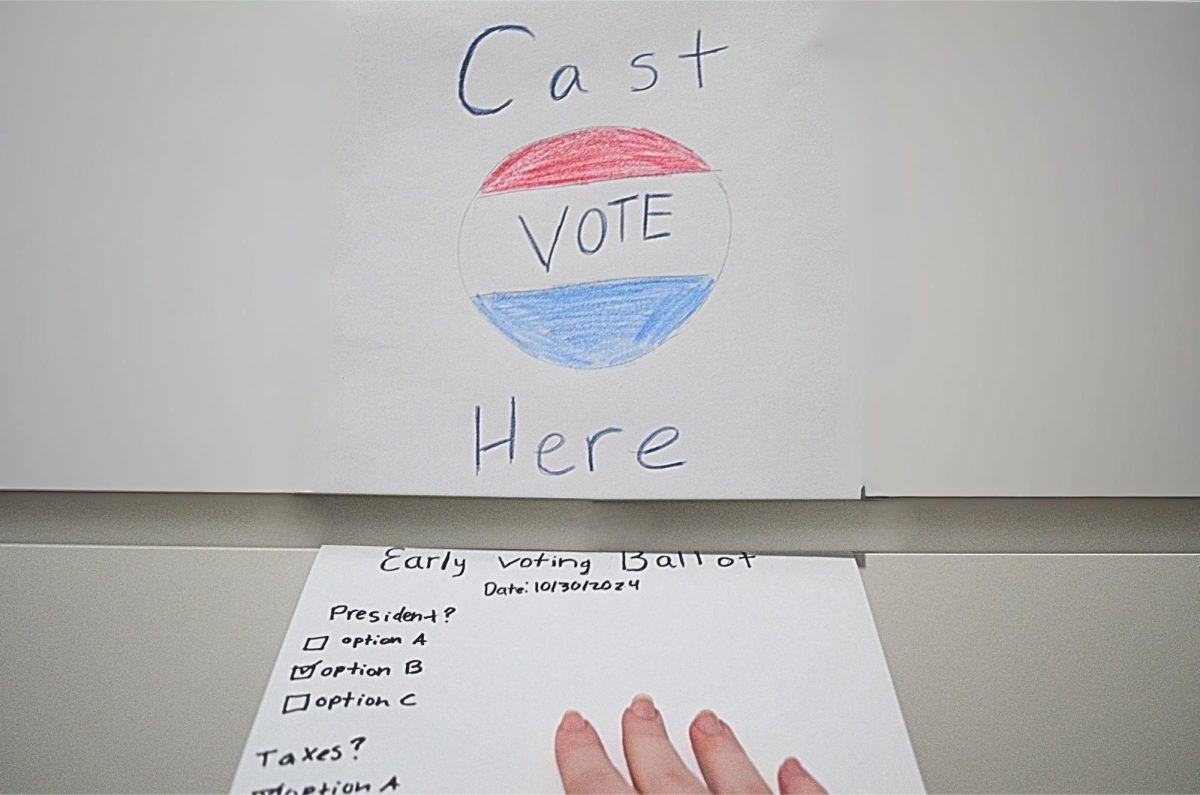Since the early 2000s, the rise of social media platforms has transformed the way individuals communicate, share information and interact with the world. While these platforms provide numerous benefits, they also present significant risks, especially for younger users. In response to these concerns, Australia’s prime minister, Anthony Albanese, proposed an age minimum on social media apps; the idea set the minimum age at 16 years old. His plan shows the growing recognition of the need to protect youth from the potential harms of unrestricted access to the internet.
The government proposed a minimum age for social media because of a combination of psychological, social and developmental reasons. Researchers found that the negative impacts of social media, including cyberbullying, mental health issues and exposure to inappropriate content, specifically influence children and teenagers by encouraging misbehavior. By raising the minimum age for social media to 16, the government aims to create a safer online environment that allows for adolescents to create healthy social interactions and positive personal growth. With less exposure, the adolescents can lead plentiful lives with strong, genuine connections.
“With online age minimums, I feel like for the most part they are discarded. I believe this is true especially for social media age minimums, which are typically 13+, and younger children can still have access to these platforms. I think social media should be introduced later in adolescence because of the unpredictability of the content and the addiction that comes with it. So, it feels right to say age minimums should be increased. However, I think social media is still a method of communication and interaction so a better solution would be to use it in moderation,” NC magnet junior Suhana Gupta said.
Because the mental health crisis affects young Australians, the government wishes to lessen the effects of social media to help create happy, well-rounded citizens. Studies link increased social media usage to higher levels of anxiety, depression and loneliness in kids and teens. With the brain developing during adolescence, allowing unrestricted access to social media can produce challenges within transitioning into adulthood. Kids and teens could potentially feel excluded by their peers when unable to meet their expectations. However, studies show that adolescents benefit in adulthood from logging on social media sites at an older age. By applying an age minimum, the Australian government seeks to provide young people with the necessary time to develop coping strategies and emotional maturity before participating or following harmful online environments.
“I think social media is definitely a necessity, but like most things in life, moderation is key. I think a higher age minimum would benefit society by protecting youth. Additional age restrictions would benefit society and the individual if properly regulated and implemented. The youth population can still express themselves, but with better guard rails applied,” NC senior Amelia McCarthy said.
While the proposal to set a minimum age intends to protect young individuals, it also raises questions about the freedom of expression and the rights of young people. Critics perceive these restrictions as a violation of rights for adolescents, who view social media as a necessity for communication, self-expression and social connection with their peers. With the rising importance of social media literacy, limiting young people’s access may stunt their ability to access important resources or connect with their community.
Students find social media beneficial rather than detrimental. At NC, they utilize it to learn about upcoming events at school and to access video assignments. They need social media to complete school work and believe it would stunt their retention without it. So, if the U.S. followed in Australia’s footsteps by adding a higher minimum age requirement to social media sites, classes would possibly need to rewrite curriculum to include minimum amounts of social media usage. Australia may struggle with the same issue and obtain backlash.
While Australia’s proposal to raise the minimum age for social media tries to protect youth from the potential harms associated with excessive online exposure, it also inspires debate around young people’s rights and freedom of expression. Finding the balance between protecting adolescents’ mental health and inspiring the development of social media literacy remains important. Ultimately, the Australian government strives to assist the current and future generations through implementing the 16 year old age minimum for social media sites.



